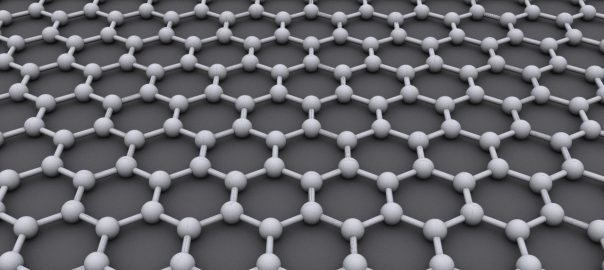We’re back!
Materials science and engineering is important for a vast number of reasons as nearly everything we interact with from clothing to packaging consists of manufactured materials, whether they are textile, paper, plastic, wood, metal, none of these, or all of the above.
Materials are also essential to how we generate and store energy. One of the determining factors in the race to net-zero carbon emissions in response to climate action is whether we will obtain or create the right energy materials for storing renewables. Cheap materials with high potential for batteries that are efficient, long lasting and sustainable in many ways is the holy grail of material science and engineering for power systems. There is also a range of innovations available to get us there. But it’s not only about batteries: think fuel cells.
If the net zero future is at least partially hydrogen based, we’re going to need fuel cells and possibly lots of them. While fuel cells depend mainly on noble metals like platinum and gold, preferably they need to use less of these materials or replace them with cheaper ones. One of the joys of materials research is that there’s lots of space for optimism, breakthroughs are happening (some are biological), but whether they are happening fast enough is up for debate.
What we do know is that the energy revolution is going to take more than a solar panel, a wind turbine and a lithium battery. While driven down in price lithium is a finite resource so we need to look to other materials for our energy storage needs. While lithium has been a game changer for powering portable electronics, it is doubtful whether it alone will be able to satisfy the demand of our larger energy storage needs, which means we need alternatives.
This article in Network Magazine goes into a bit more depth about what energy materials could do for the future of the UK’s energy network, recognising the importance of material science and engineering to a zero carbon future. Enjoy.
How materials science will underpin the future energy network
